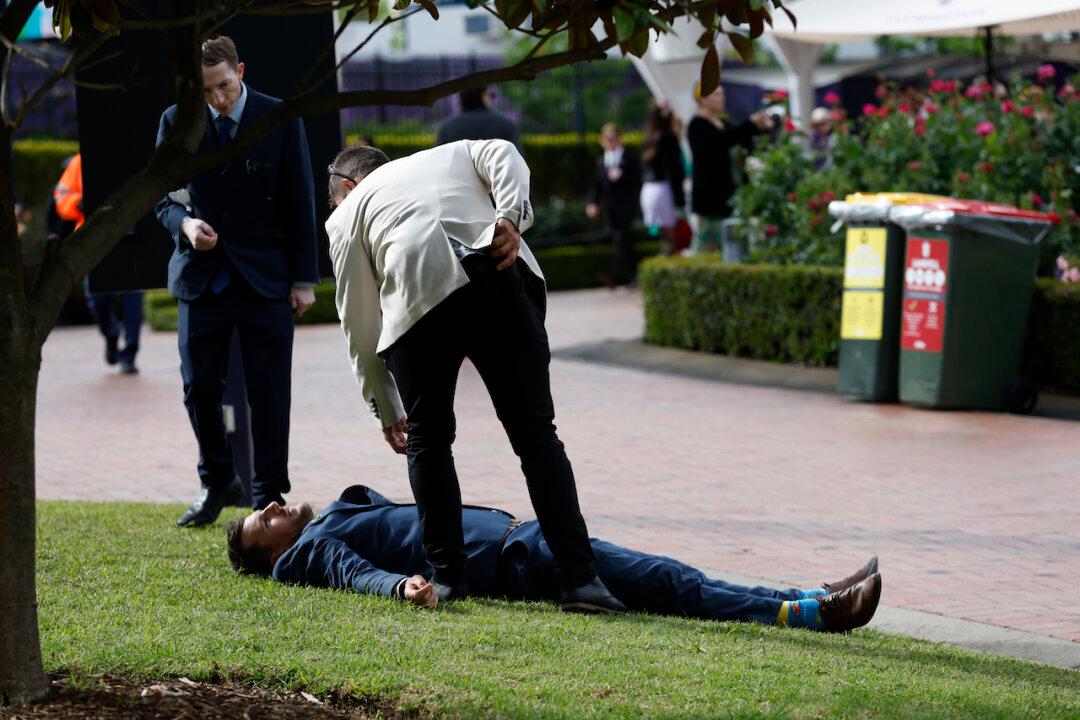Police Officers in the Australian state of Victoria could charge intoxicated people with more serious charges as the state moves to decriminalise public drunkenness in November.
The potential charges may result from an unintended consequence of the public drunkenness laws, where police officers could charge intoxicated persons with more serious crimes when the public drunkenness offence isn’t an option.





